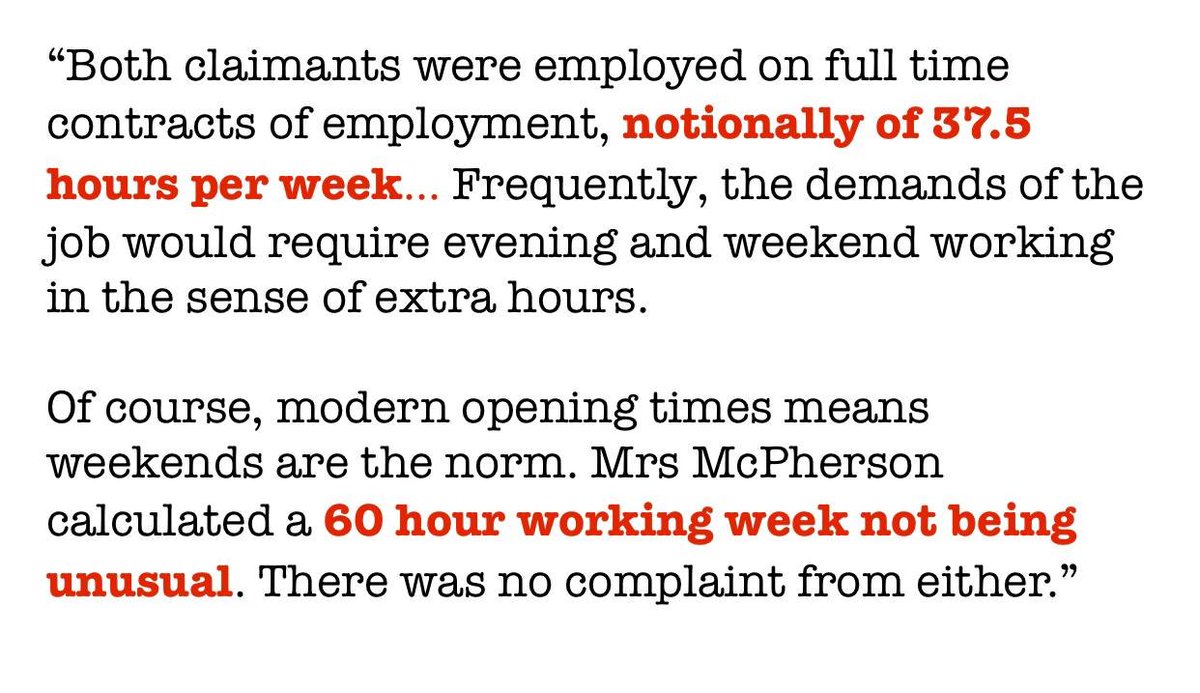Remember the surprise #pharmacist #apprenticeship proposal? An FOI request was submitted to the IfATE to find out a few things.
Thread/
Thread/
The IfATE confirmed that the RPS was aware of the proposal and an individual it employed was party to exploratory discussions (though it should not be assumed that the person was acting as a representative of the employer).
The IfATE released the email chain in the attached image (the email on 17 May 2018 was sent to the RPS representative; the reply on 29 May was the representative’s response). 

The RPS said on 12 April 2019:
“We have not contributed to the pharmacy degree apprenticeship trailblazer up to now.
We were notified by the trailblazer group that they were exploring this recently.”
rpharms.com/about-us/news/…
“We have not contributed to the pharmacy degree apprenticeship trailblazer up to now.
We were notified by the trailblazer group that they were exploring this recently.”
rpharms.com/about-us/news/…

Under different leadership, the RPS said on 9 January 2017, in response to a consultation, that pharmacist apprenticeships are not needed as they conflict with our current qualifications or what is needed to qualify in our sector:
rpharms.com/Portals/0/RPS%…
rpharms.com/Portals/0/RPS%…

The names of the organisations, either professional or educational, that were allegedly consulted by the employer group (as was claimed in the proposal consulted upon) were also requested. This information was not held.
To get an idea of how long the whole thing had been going on, the earliest date of any correspondence about the proposal was requested: 21 December 2017. 

• • •
Missing some Tweet in this thread? You can try to
force a refresh















